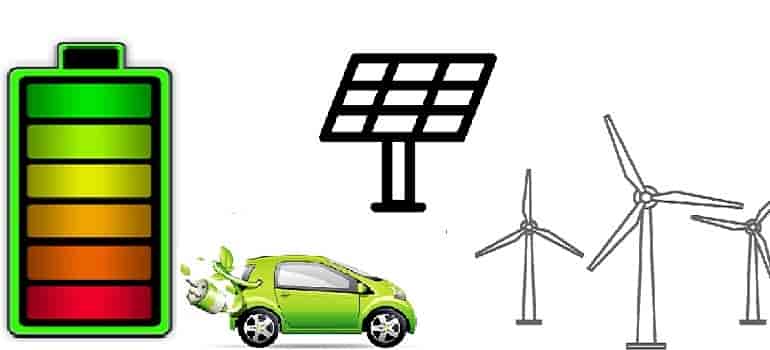
FTI Consulting and The Energy and Resources Institute (TERI) today launched ‘South-Asia New Energy Series’, a set of stakeholder consultations that will focus on building a renewables, battery tech and hydrogen based pathway for India.
The first discussion of the South Asia New Energy Series was on ‘enabling policy and regulations’ with key remarks by Amitabh Kant, CEO, NITI Aayog, Government of India, Soren Gade, Chair of the European Parliament (EP) Delegation for Relations with India, and Ugo Astuto, EU Ambassador to India.
The South-Asia New Energy Series will cover topics such as global policy coordination, funding, clean transport and industrial decarbonisation, and bring policy and industry stakeholders together for five consecutive Thursdays through June 2021. Highlights of the discussions will be published as a public report in July 2021.
In his opening keynote, Amitabh Kant, CEO, NITI Aayog, said, “India has the potential to completely reimagine its energy economy by leveraging decades of innovation in clean energy. We can show the world that sustainability and rapid growth can go hand in hand. Green hydrogen as an energy carrier can replace some of India’s energy-related imports. India consumes 8.5% of the global demand of hydrogen, made from 18 MT of import-dependent natural gas. We have among the lowest prices of renewable power, which can help India become a major producer of green hydrogen, critical to meet India’s ambitious target of 450 GW renewable energy by 2030. Every 1 GW of green hydrogen electrolysis needs 3 GW of renewable power. The potential is huge. We can use the surplus renewable power in peak generating hours to produce green hydrogen, which will also protect the grid.”
Ugo Astuto, Ambassador for the European Union to India, “The EU and India have a well-established cooperation in place under the EU-India Clean Energy and Climate Partnership. At the recent EU-India Leaders Meeting on 8 May, it was agreed to further strengthen this partnership and to step up cooperation in energy efficiency, renewables, smart grid & storage technology, modernizing the electricity market and strengthening regional electricity interconnection. A new EU-India Connectivity Partnership was also agreed, which will foster work in sustainable digital, transport and energy networks.”
Amrit Singh Deo, Senior Managing Director, Strategic Communications, FTI Consulting, said, “Future energy systems will have hydrogen integrated with renewable energy and battery technologies within this decade. The South Asia New Energy Series should lead to more regular capacity-building for India stakeholders, and the sharing of best practices between global industry players and governments. Policy makers and industry must collaborate on enabling policies, funding, standards and commercialisation of new, clean energy systems like hydrogen. This builds on the momentum to facilitating commercialisation of hydrogen systems and policies in India.”
Dr. Vibha Dhawan, Director General, TERI, said, “The South Asia New Energy Series connects developments between renewable energy and battery scale-up, with green hydrogen commercialisation. This has significant implications for policy design as well as project development. The government has already announced the formation of a National Hydrogen Energy Mission. I expect the deliberations during the series will provide meaningful input to promote clean energy and facilitate more government-industry collaboration.”
